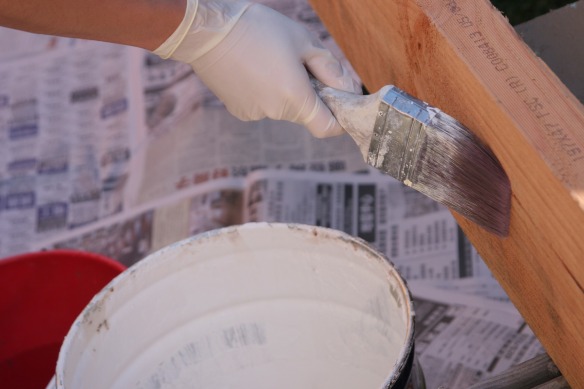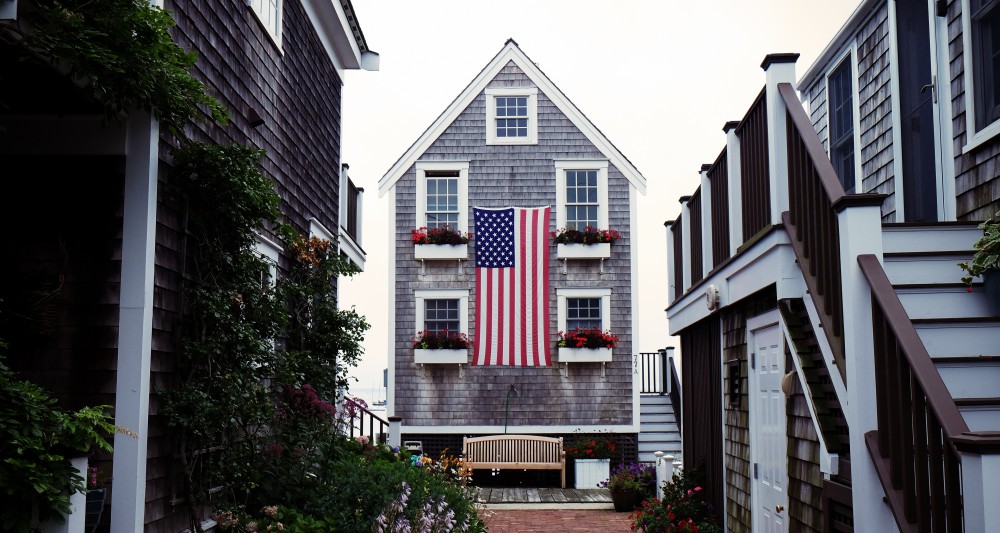Thinking of upgrading your flooring? Putting in a pool? Changing out old faucets and hardware for shiny new replacements? Upgrading and enhancing a home’s features, comfort and esthetics is something many people plan and save for to improve their surroundings. But it’s important to know whether such home improvements have an impact on the resale value of your home. Though you may have no current plans to sell, you never know when life may lead you in a different direction. Knowing what your home improvement investment is worth can help you make the best decisions for your needs now, and whether you can expect any return on these projects in the future sale of your home.

- *image courtesy of pixabay
Know What Your Investment Is Worth
We’ve put together some of the most common home upgrade and improvement items, and insight as to how they may affect resale value. Keep in mind your location may have much to do with whether these upgrades add resale value or fall under the “overimprovement” category.
Flooring: The type of flooring and its resale value depends largely on where in the country you live. But in general, trading old, worn-out carpet and vinyl flooring for a hearty product like wood, tile or engineered hardwood has higher resale value. Flooringinc.com reports a relatively equal balance between initial cost and ROI for these products.
In-ground Pool: According to Homeadviser.com, the national average cost to install an in-ground pool is $44,873. This, of course, varies depending on your location, time of year you install, and the bells and whistles you choose for your backyard oasis. Unfortunately, many homeowners do not recoup their entire pool investment when it comes time to sell.
Kitchen: A kitchen remodel, or at the very least upgrading appliances and countertops, resonates well with buyers – especially with those in the market for the first time. Consumer Reports adds that upgrading your kitchen offers a potential increase of 3 to 7 percent in sale price.
Going Green: Eco-efficient solar energy is a hot topic in home designing, building and renovating these days – and for good reason. Upgrading to solar energy not only saves you money on utility bills and tax credits, it lets your recoup your investment. A recent study shows that home resale values increase by about $4 for every watt of solar energy installed.
Landscaping: Improving your home’s curb appeal has a positive impact on resale value, as reported by Houselogic.com. In fact, in the 2016 National Association of Realtors® Remodeling Impact Report, landscaping returned nearly a 100% on investment.
Many homeowners want their properties to be comfortable, and to enjoy their time while living in their homes. Your decision to upgrade may be based on any number of considerations. Knowing whether your projects add value to or over-improve your home is important as a homeowner, and could help you determine the right course of action for your humble abode.

